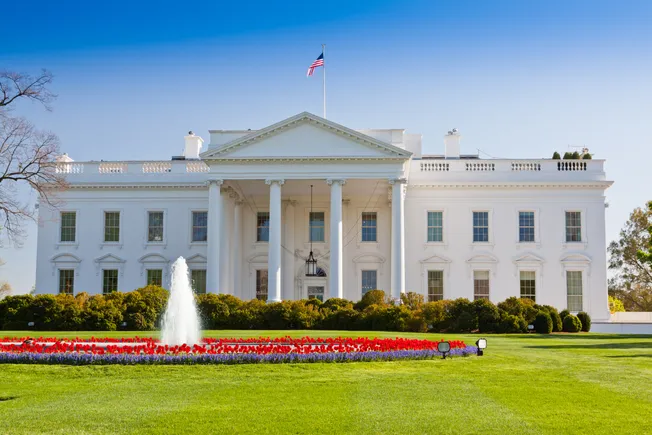Tesla’s Autopilot may not have been available at the time of the ‘driverless’ Texas crash
Illustration by Alex Castro / The VergeThe National Transportation Safety Board (NTSB) released a two-page preliminary report on the deadly crash of a Tesla Model S in Texas last month in which local authorities said there was no one...

The National Transportation Safety Board (NTSB) released a two-page preliminary report on the deadly crash of a Tesla Model S in Texas last month in which local authorities said there was no one in the driver’s seat.
There are several relevant disclosures in the NTSB report. The first is that security camera footage from the owner’s home captured the owner entering the driver’s side door, while his companion got in on the passenger side. The car leaves the house, travels 550 feet before departing the road on a curve, hitting a drainage culvert, a raised manhole, and a tree. The car then burst into flames, killing the two occupants.
The second relevant finding is that NTSB crash investigators tested whether Tesla’s advanced driver assist system Autopilot would work on the part of the road where the crash took place. There has been much speculation from Tesla’s many interested online observers as to whether Autopilot would even function on the road near the crash site.
Using Autopilot requires both the Traffic-Aware Cruise Control (Tesla’s brand name for its adaptive cruise control function) and Autosteer (which assists in lane departure and centering) to work. According to NTSB, Traffic-Aware Cruise Control could be engaged but not Autosteer.
Tesla claims that its own data suggests local officials were mistaken when they reported that the car crashed without someone in the driver’s seat. The company’s executives have stated that the steering wheel was “deformed” and the seatbelts were buckled, leading them to conclude that someone was behind the wheel.
There was some limited data recovered from the crash. NTSB said the fire destroyed the onboard storage device located in the vehicle’s infotainment console. The restraint control module, which records data associated with vehicle speed, belt status, acceleration, and airbag deployment, was recovered but was also damaged by the fire.
The board likely will not issue its final report on the crash this year. By comparison, the NTSB’s investigation into a California man’s death while using Autopilot in his Tesla Model X took two years to complete.
The crash took place on Saturday, April 17th, in Spring, Texas. According to KHOU in Houston, investigators at the scene were “100 percent certain” that no one was in the driver’s seat at the time of the crash. Minutes before the crash, the wives of the men were said to overhear them talking about the Autopilot feature of the vehicle, which was a 2019 Tesla Model S. The two victims were identified as Everette Talbot, 69, and William Varner, 59, a prominent local anesthesiologist.

 Tfoso
Tfoso 
































